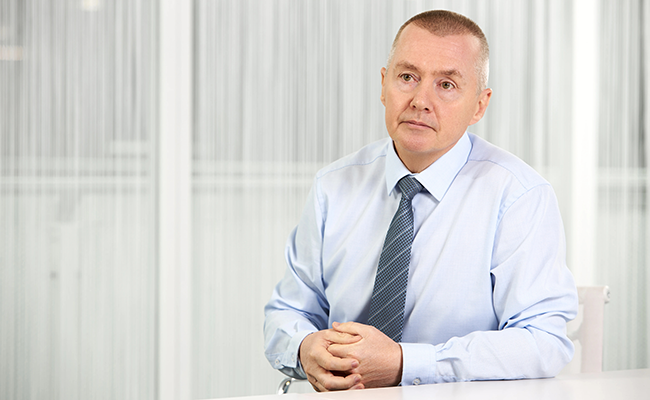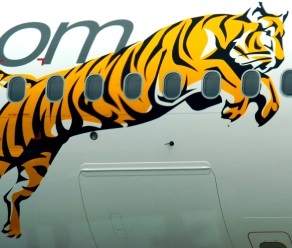IATA boss lauds Aussie-Kiwi travel bubble as a model for others
21 April, 2021
3 min read


The travel bubble between Australia and New Zealand is a model that could provide lessons for other governments, the new head of global airline group IATA believes.
Asked at the World Aviation Festival whether the trans-Tasman bubble was “a model or a sideshow”, International Air Transport Association director-general Willie Walsh came down firmly on the side of a model.
READ: COVID sees lowest US airfares in 25 years.
“It’s good to be able to test it,’’ he said. “It’s good to be able to see the passenger-consumer reaction, to see the airport reaction, to see the government reaction.
“I think it’s a good test. I’m pleased and I know there are other governments looking at it — Singapore, very progressive, (is) considering options as well.
“Until we can get to a stage where everybody is free to move again, I think these bubbles are teaching people how it’s possible to operate.”
IATA has been pushing governments to do more to plan the safe re-opening of international travel and currently has a travel pass under test with a number of airlines.
The IATA Travel Pass provides information on entry requirements, directs travelers to trusted labs and allows passengers to receive and manage digital COVID tests or vaccination certificates.
The airline group announced this week it was teaming up with Unilabs to incorporate European diagnostic services provider’s global COVID testing network into the IATA Travel Pass.
Proof of a negative COVID test is required by many countries as a condition of entry and the travel app aims to make that process seamless, secure and easy.
Unilabs will be able to securely upload test results which are then checked against an IATA global registry to produce an “OK to travel” status.
Walsh said the number of people testing the travel app was still in the tens of thousands rather than the hundreds of thousands.
“The reaction is generally positive,’’ he said. “There had been some issues we hadn’t anticipated but we’re getting there.”
One area of concern for the IATA boss is the high cost of PCR COVID tests, which can add more than 100 euros ($A156 or $US120) to the cost of a flight.
He questioned why the expensive tests could not be replaced by cheaper rapid antigen tests and accused some organizations of profiteering from the situation.
He pointed to a situation where someone flying into the UK for three days was still required to buy in advance a package to do a test on days two and eight, even though they would not be there on day eight.
“This is nonsense,’’ he said. “It’s a scam — let’s call it what it is.
“Nobody will object to having systems in place to protect health and ensure people can travel safely but I think everybody should object when evidence of people being ripped off.
“The cost of testing should be significantly lower than it is.”
Next Article
3 min read
Virgin gets nod for Tiger deal

Get the latest news and updates straight to your inbox
No spam, no hassle, no fuss, just airline news direct to you.
By joining our newsletter, you agree to our Privacy Policy
Find us on social media
Comments
No comments yet, be the first to write one.
